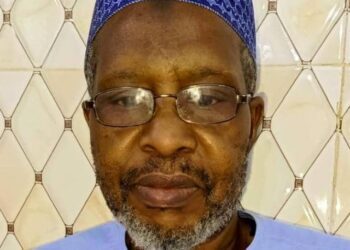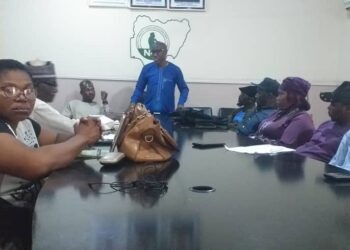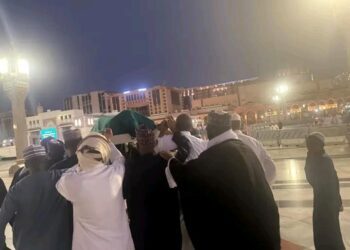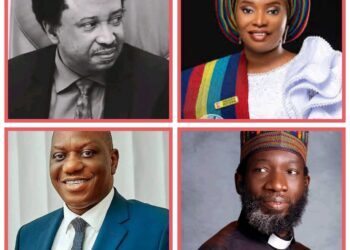On February 24, 2022, the same day Putin began a brutal invasion of Ukraine, the Associated Press tweeted a short video by photographer Felipe Dana that resembled Sestini’s image. The video footage was a short clip of migrants on an overcrowded boat on their way to Spain in hope of asylum. The AP was set to “drop” the clip as an NFT for purchase the following day on their new NFT marketplace. Following an incredible amount of vocal outcry, the AP deleted the tweet and apologized.
Aside from the gratuitous commodification of human pain using the crypto market, the image perpetuates the negative depiction of refugees through the mediation of migration. This ongoing debate about how we see the migrant in media can be considered again through the AP’s mistake.
In her book, Mediating Migration, Radha Hegde writes that the immigrant body is “disciplined, racialized, and surveilled,” and the body is often all the immigrant has when they “navigate spaces of uncertainty and risk.” The migrant or refugee is not often seen as a human person in media representations, but rather as a state of temporary being, one who is seen in transit, but rarely in a settled destination.
Hegde further explains that in our mediated present, not only do migrants have to worry about technologies of surveillance, but also the overt “patriotism of citizens” who enact exclusionary tactics.
While some countries are leaning into authoritarian leadership, immigrants are often framed as a problem or a boogeyman. The reduction of the person to a “crowded boat” does not help the story of the individual struggling for safety. In fact, Felipe Dana’s image does more to confirm the stereotype of an invading group of outsiders.
In a lengthy analysis of Sestini’s photograph, authors Paul Mihailidis, Liat Racin and Eric Gordon wrote Digital Crossroads: Civic Media and Migration in 2016. Their extensive report analyzed the concept of the Mare Nostrum (our sea) operation, the refugee crisis, and othering through media. The report also provided tools to combat xenophobia.
Mihailidis, Racin, and Gordon argue that the current flows of population are unique in global migration history due to the combination of economic migration and those fleeing war and our ability to capture images and share them online. The authors found that the media continues to represent these migration flows (from either on foot or over water) from a macro standpoint, seeing the mass of people rather than the human individual. The paper calls for an immediate adaptive strategy to combat the perpetuation of mediated xenophobia.
Distinct from Sestini’s photograph, the recent AP NFT project not only perpetuates the depiction of migrants and their plight, but also attempts to reward it through profit. As an aside, the AP also used Discord to enable people to ask questions, and it did not go well.
The war in Ukraine has displaced millions of citizens and turned them into refugees. This has correctly created some consternation among human rights activists who see the different ways we use media to represent the migration crisis.
As Dr. Ayo Sogunro tweeted in response to the absorption of the Ukrainian migrants, “Europe never had a migrant crisis. It has a racism crisis.”
In these tumultuous times, the AP should have known better than to attempt this project. The image, fortunately, was never minted, and an AP spokesperson said the video was noted to be “a poor choice of imagery for an NFT” — quite an understatement.
Migration will be part of the rest of our lives due to the unfortunate reality of oncoming climate disasters, economic shifts, unjust wars, and population changes. We have the opportunity to learn from this and recognize individual people as we are attempting to do in the Ukraine crisis. This should be extended to those on boats crossing treacherous seas or people walking thousands of miles.
And most importantly, we should engage in conversation about the work of journalism in terms of rights, commodification, and storage on the blockchain. To reiterate what Mihailidis, Racin, and Gordon propose, we need to ask journalists and reporters to tell a “living story” about the people on the boat and recognize their present reality. Let’s hope we can learn from this error and help people in need.








